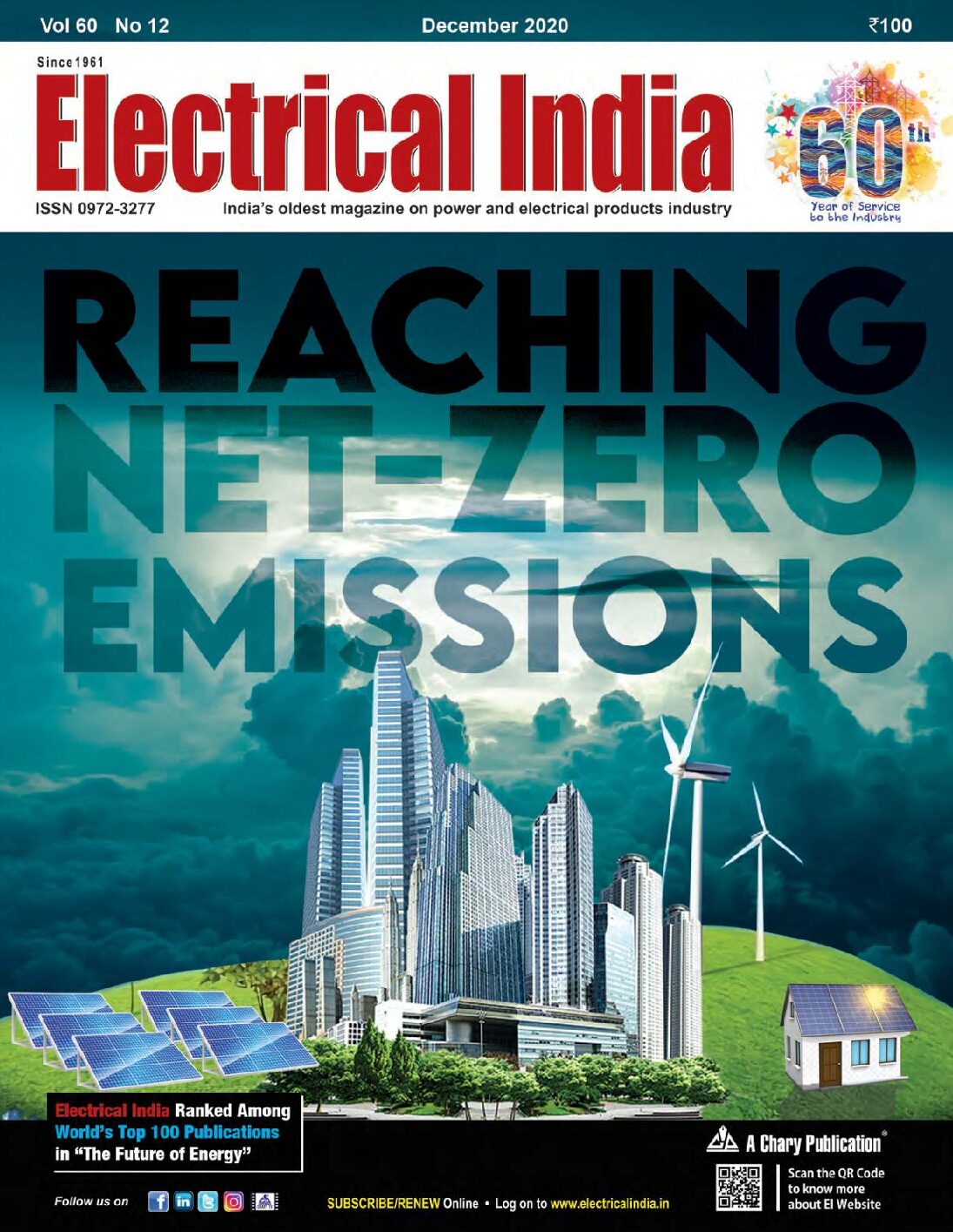
India Ratings and Research (Ind-Ra) has revised its outlook for energy infrastructure companies to negative from stable for FY21, as the COVID-19-driven lockdown is likely to affect the liquidity level in all companies across the power sector value chain.
The ratings and research agency further believes that the power generation companies (gencos) will face an elevated counterparty risk, given the steep fall in demand; under recoveries compared to cost; possible lower subsidy pay-out by states, and a weakening economic outlook.
Against the background of gloomy industrial demand and government’s limited resources, liquidity will be a critical driver for energy infrastructure special purpose vehicles (SPVs) till the effects of the lockdown persists, Ind-Ra said.
Though the agency believes that the long-term risk profile of the majority of rated companies is unlikely to be affected due to the presence of long-term power purchase agreements, Ind-Ra expects liquidity to be the key influencer for rating actions in the interim. Ind-Ra believes cash flow stress until May can be managed through debt deferment options notified by the Reserve Bank of India on 27 March if the projects avail it.
The agency said it may take rating actions on SPVs that do not have adequate liquidity to handle the expected delay in tariff payments from discoms, commensurate with their rating levels. “Rating downgrades are likely to increase since there is uncertainty on the timing of payments from discoms. Constrained states’ fiscal leeway also limits the timely transfer of subsidies and aggravates the cash flow problems of discoms.
Thus, Ind-Ra adds, even after considering the debt deferment provisions, the agency believes there could be downward rating actions. Added risk on the deferment is that structuring of interest servicing at the end of moratorium period and any adverse stipulation by even a minority of lenders could jeopardise stability.
On the other hand, attempts to invoke any contractual provision (like force majeure clauses) to not make payments to gencos may cause steep downward rating revisions, since this might lead to regulatory proceedings and elongated period for tariff recovery due to prolonged litigations. Funding plans such as enhanced working capital limits is a monitorable, observed Ind-Ra.
Further, the agency cautioned by stating: Consequence of COVID-19 pandemic could lead to additional cash flow stress, as states’ funds may be prioritised elsewhere. It has been reported that, discoms of 6-7 states have sent notices to few generators invoking force majeure to stop paying fixed charges and the agency will continue to closely monitor the same for any ratings impact.














